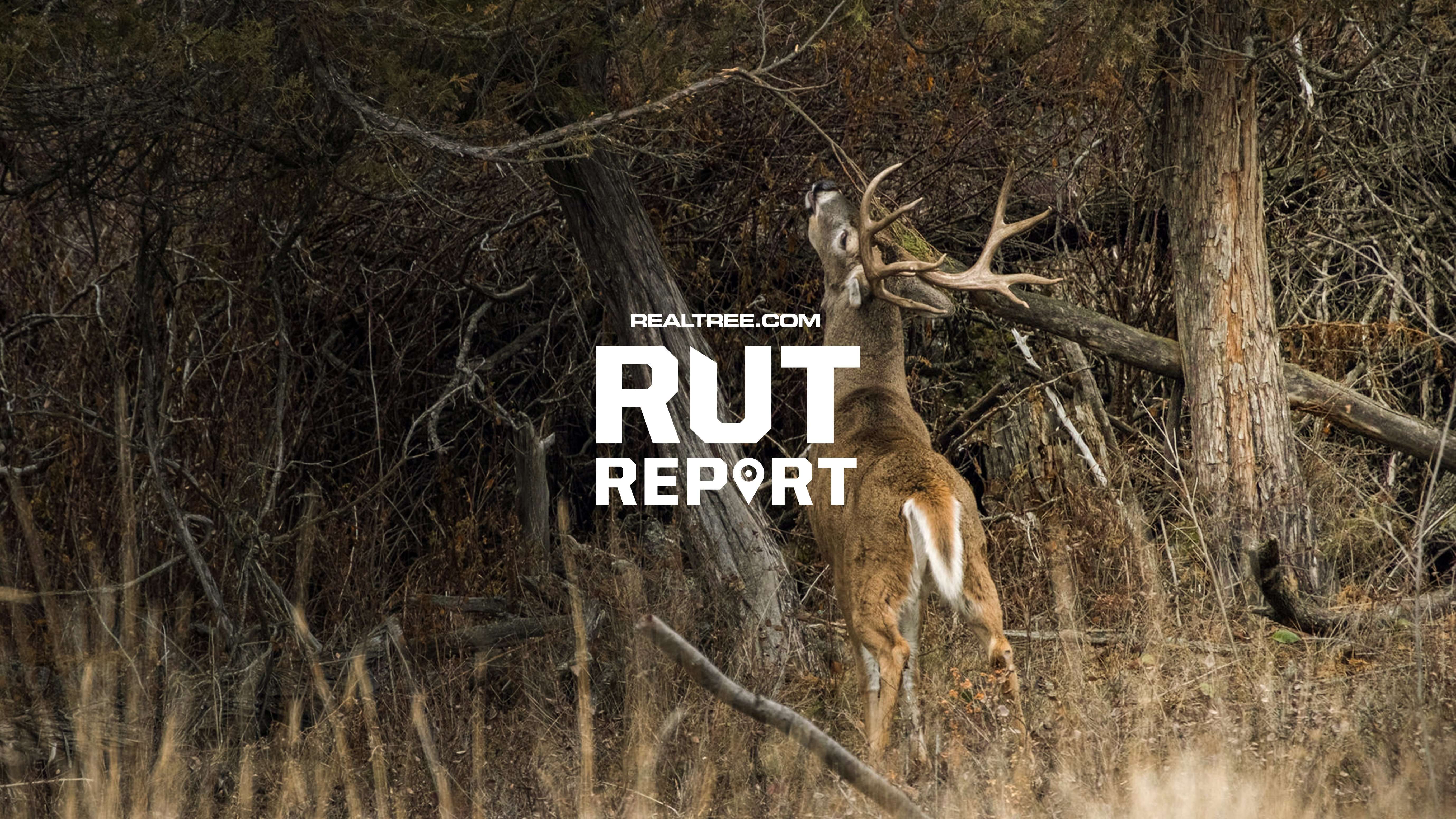Every spring, the results are the same. You call, but the turkeys don't come. Here's why.
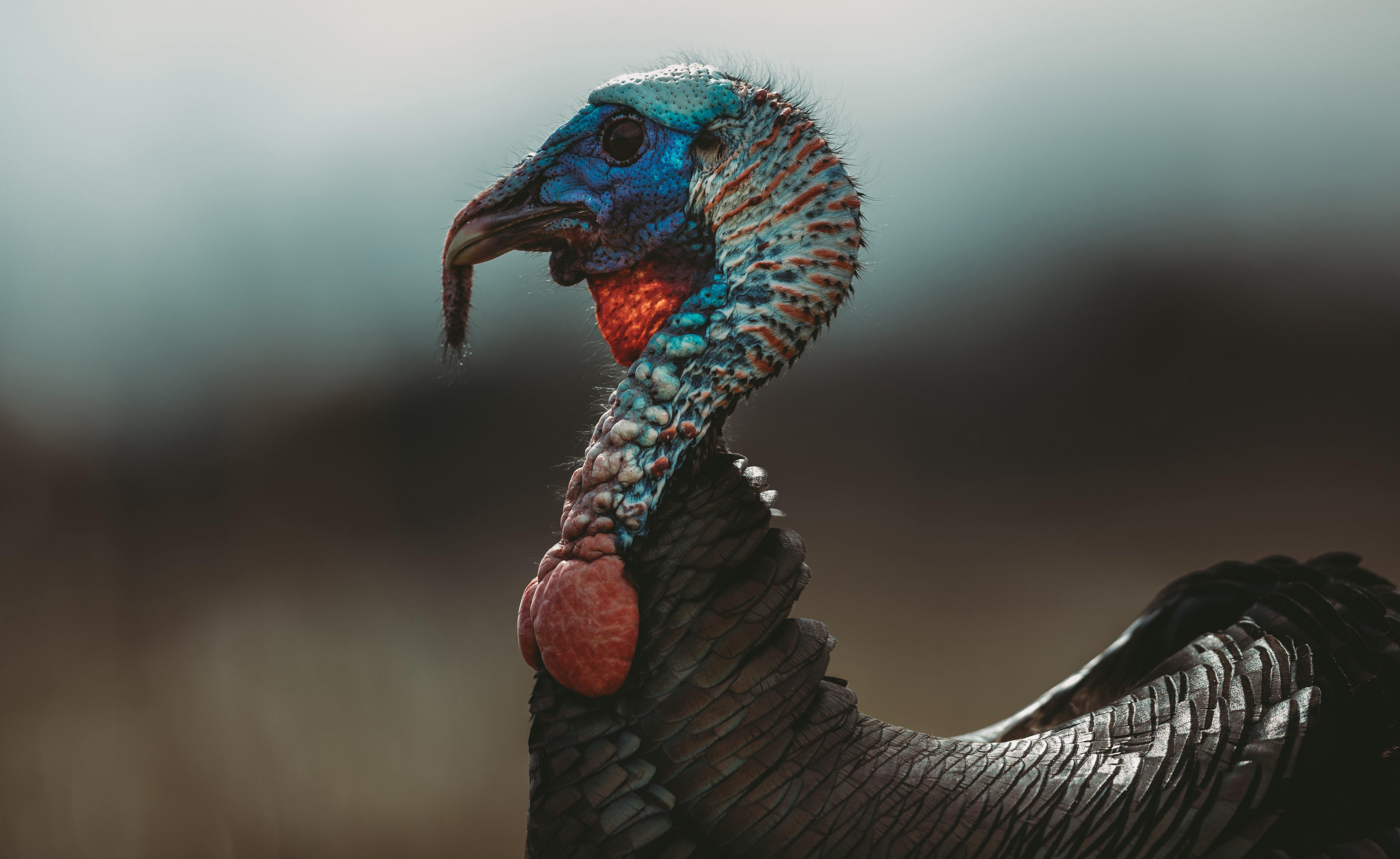
You know the truth, unfortunately. You suck at calling turkeys. Image by Kerry B Wix
Turkeys aren't difficult to call. People keep telling you that. Yet, you know they don't gobble at you much. Even when they do, they don't come to you. You've never had any luck blind calling, and truth be told, you watched a group of jakes, supposedly the dumbest creatures in the woods, run the other way after you yelped at them last season.
You know the truth, unfortunately. You suck at calling turkeys. You don't know why. And you sure don't know how to fix it.
But that's OK. Admitting you have a problem is the first step, and your pals here at Realtree are here to help with the intervention. Read through this list, and see if something sounds familiar.
YOU’VE GOT BAD RYTHM
You can match turkey sounds perfectly, but if you're making them at the wrong cadence - too fast or too slow - you don't sound like a turkey, and so you'll rarely call one in. By contrast, making off-tone noises but with the correct cadence works well enough to kill spring turkeys every day of the season. Hunters across the nation do it all the time.
- The Fix: This is the easiest of all calling problems to fix. Listen to good callers or live birds, and match the rhythm. Before long, imitating it becomes second-nature.
YOUR TONE’S OFF
Occasionally, a live hen will sound like the milky soft, clear yelps you're replicating on your slate, push-button or paddle box call. Far more often, she'll belt out noises laced with sass and rasp. Different hens have different voices. Some are deep. Some are high-pitched. But many turkey calls — especially friction calls — sound a lot alike.
- The Fix: Spice it up. All those different calls in your vest are there for a reason. You can get the most versatility will come from a good mouth call. But if you prefer friction, carry different surfaces - crystal and aluminum, for example - along with different strikers to change it up.
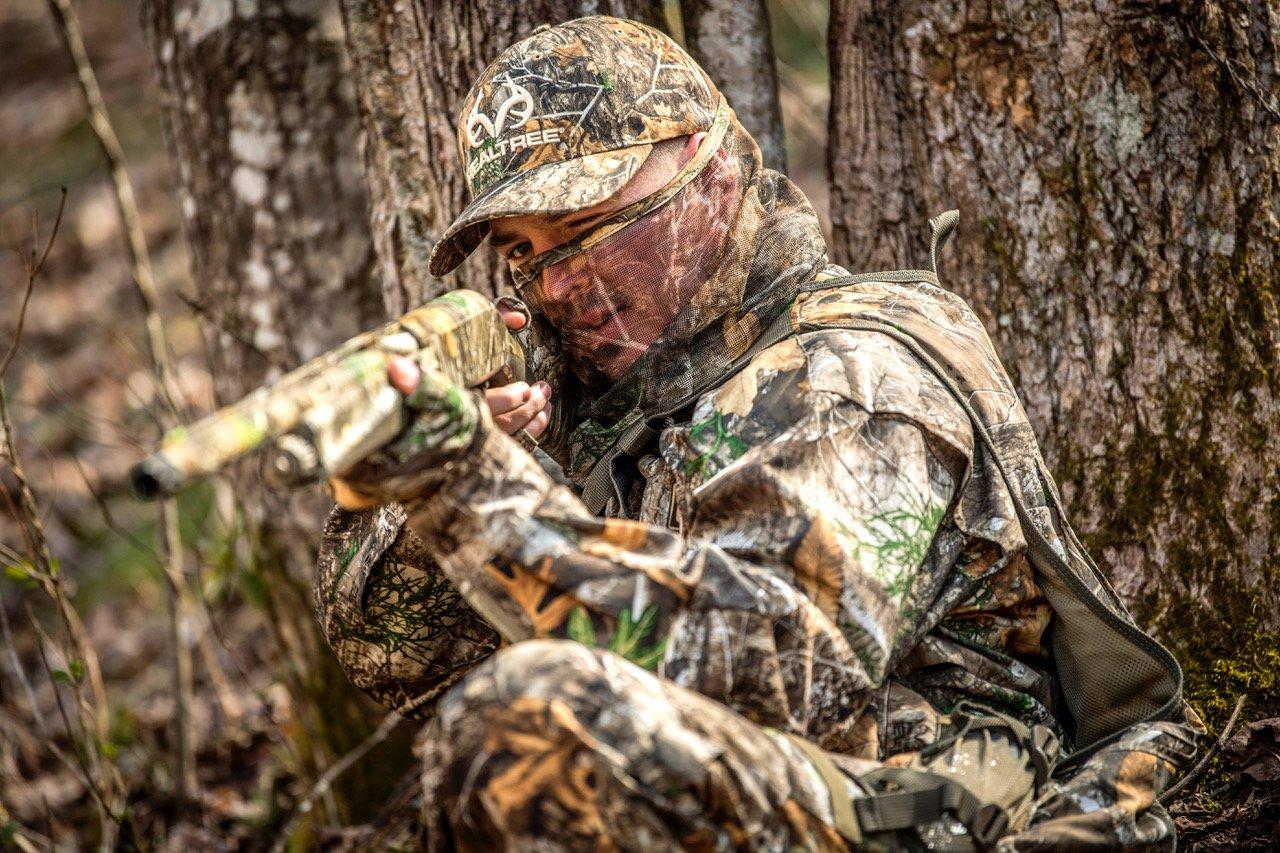
When you’re blind-calling between gobbles, don’t be shy about making some noise. Image by Bill Konway
YOU’RE BLIND CALLING LIKE A WIMP
You sit down on a ridge at mid-morning, between turkeys, to do some blind-calling. Pappy told you that when you're doing this, keep it quiet. Cluck and purr. Maybe a little yelp, but only once an hour. You've followed that advice religiously. And to this day, you've never seen it work.
- The Fix: Turkeys do plenty of clucking and purring and soft yelping. But they do it when they can see each other. A lonely turkey trying to grab another bird's attention makes sounds loud enough for others to hear, often long strings of lonesome yelps. Sure, start out subtle - there may be a gobbler just over the next rise. But if you haven't gotten a response after 15 minutes, don't be afraid to get aggressive. It might mean the difference in a gobbler hearing you from 300 yards away - or not.
(Don’t Miss: 10 Old-School Turkey Hunting Tips)
YOU’RE IMITATING TURKEY HUNTERS, NOT TURKEYS
This is an easy mistake for new turkey hunters, especially, to make. Walk the floor of the NWTF Convention and you'll hear this: Yelp, yelp, yelp. Yelp, yelp, yelp. Cluck. Yelp, yelp, yelp. Over and over again, to the point of madness.
The yelp is the fundamental call for all turkey hunters to learn, and it works. Because it works, it's the one we practice and imitate the most. Yet, wild turkeys that are really talking make all sorts of sounds in combinations and at times that just can't be taught without hearing them firsthand.
- The Fix: Hone your calling in the winter. With turkeys. There is never a better time to widen your turkey vocabulary than during the late fall and winter, when huge groups of birds amass in wintering areas. In many states, fall shotgun and archery seasons extend well into December and January. Listen to the sounds of 100 turkeys on the limb on a cold, calm, clear winter morning, pop in a mouth call and join right in the ruckus. The sounds you'll hear and learn will never win a calling contest. But they'll kill the blue fire out of turkeys. Why? Because they sound real.
YOU’RE NOT INSIDE HIS ZONE
There's a turkey gobbling! Better get set up, right now, before he stops or you mess it up. But a big part of successfully calling turkeys is being in a spot where they simply can't resist checking you out. Maybe that's in his strut zone, where he plans to be anyway. Or maybe that's within 75 yards of him on the limb at daylight, where it's as easy for him to sail down into gun range at daylight as it is for him to go the other way.
- The Fix: Look, there's nothing wrong with being cautious - if you bump the bird while setting up, the game is over before it begins. But when a turkey gobbles, there are decisions to make. If your decision is to always hang back and play it safe and you never call birds in … well, take a hint.
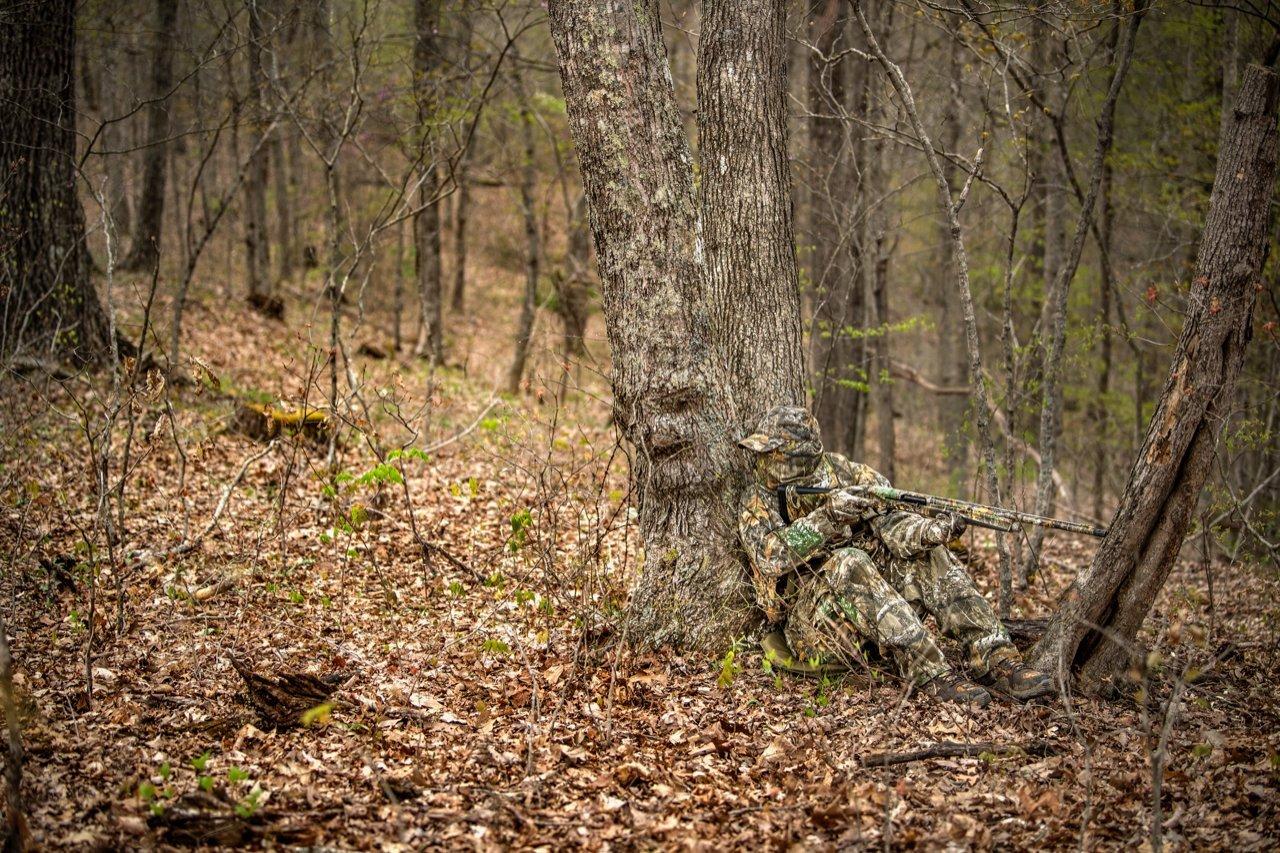
Gobblers respond best when you’re close to them. Image by Bill Konway
YOU’RE THE YOUNG BULL
You've heard the story of the two bulls standing atop the pasture hill, eyeing a field full of cows below them. The young bull says, Let's run down there and breed one of them! The old bull replies, Let's walk down there and breed them all.
At some point or another, we all get in a hurry. And careless. Often, it's the experienced hunter with a few gobblers under his belt who gets a little bit cocky, and a bit anxious, when the birds aren't gobbling. Run-and-gun calling turns into run and spook. It's happened to me and about every other experienced hunter I know.
- The Fix: Walk down there to that pasture of cows, my friend. It would seem that the previous tips in this lineup are encouraging aggressive hunting tactics. They're not. They're encouraging you to know turkey behavior, and use that knowledge to your advantage. Some mornings, turkeys just don't gobble much. You know that little voice that tells you, You know there are turkeys here; don't leave? Listen to it. Leaving an area where you know there are turkeys to try and aimlessly strike a bird elsewhere rarely works. Give it some time. Make good decisions on your setups, and move a around a bit if you need to. Make good sounds on your calls, and let the morning unfold at its own pace. When a bird gobbles, go to him. If he shows up silently, shoot him.
(Don’t Miss: Are Bobcats Impacting Wild Turkey Populations?)
YOU’RE NOT GETTING THE MESSAGE
Turkeys can be a cryptic bunch. It would seem easy to determine whether or not a gobbler likes the sounds you're giving him - he either gobbles or he doesn't. But gobblers gobble only as a way of communicating a message to other turkeys, because they ultimately intend to act upon that message. If the gobbler is answering you over and over and over again, but not coming to you, you aren't getting the message. If he's answering you twice an hour and has been for the past three hours and not coming to you - you aren't getting the message.
- The Fix: Learn what the messages are. Look, I can't understand a word my dog tells me. But I know when she barks and then spins circles at the back door, she's going to take a dump in the yard, soon as I open that door. You have to read a turkey the same way. A turkey that's gobbling at you on the limb over and over but not flying down thinks you're going to him. A tom with hens may only gobble on occasion, or simply shock-gobble. He's killable, but maybe not by calling him in, and maybe not even today. A lone, sub-dominant field bird might not gobble at all - but if he struts and drums, he likes you. Stick with him.
YOU’RE CALLING AN UN-CALLABLE BIRD
He stands in the middle of that field with a dozen hens, every day. You saw him on the first of season last year, the last day of season, and even two weeks later, doing the same dang thing. An old, dominant field bird with a gaggle of hens is difficult, if not impossible, to lure to you with calls alone.
- The Fix: Full-strut decoys. Ambush him at his roost. Slip up a ditch. Do something different, because you probably won't call this bird in with standard hen yelps, even with a hen decoy.
(Don’t Miss: 5 Ways You Ruined Your Wild Turkey Meat)
YOU CAN’T RUN A MOUTH CALL
Friction calls are easier than mouth calls to master quickly, and there's no doubt they still handle the bulk of turkey-calling chores for hunters across the country. But some of the most crucial sounds you can make when calling turkeys are the sounds that finish him, pulling him from 60 yards to 40 yards. In that situation, when he's looking at you, moving your hands to work a friction call simply isn't an option.
- The Fix: This one's easy. Buy some calls, trim them to fit your mouth, and practice with them in your truck. If you can recreate but a basic yelp, a mouth call will help your odds. Before long, you'll grow to love the versatility and range of sounds you can get with various cuts of mouth calls - not to mention the room they'll save in your turkey vest.
YOU’RE TURKEY CALLING, NOT CALLING TURKEYS
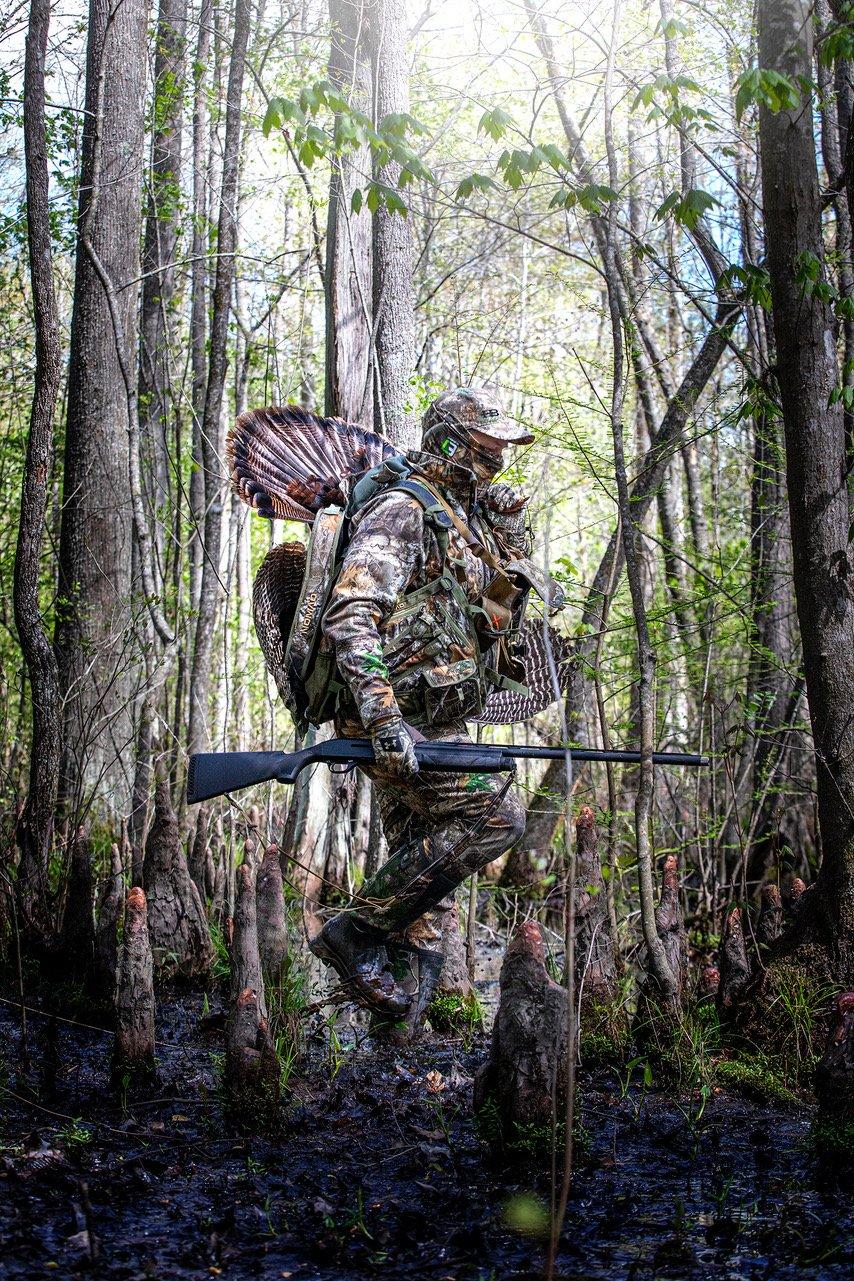
You don’t have to be a contest caller to kill turkeys. Read the bird, use woodsmanship to get close, and seal the deal with calling. Image by Buzz Hayes
The old notion that contest calling doesn't work in the woods isn't true. Good turkey calling skills are a deadly asset in the woods. (And while I don't follow the contest circuit closely, I've met many contest callers. I don't know any who aren't also good turkey hunters.)
Contest calling is a measure of your skills at making the sounds. Calling turkeys - and much of turkey hunting in general - is a measure of applying those skills. A good hunter with a solid understanding of turkey behavior, a good spot to hunt and mediocre calling skills will obviously kill more turkeys than a calling phenom lacking practical hunting experience and a place to go. You don't see those two extreme ends of the spectrum in the spring woods very often, though.
- The Fix: Look at all the above tips. Only a few of them will help you on a contest stage. The rest are focused on an understanding of turkeys and what makes them tick. A great turkey caller knows how to make perfect sounds. Some of those skills are required to be good at calling turkeys. But good decision making is the most important element of that game. When should you make those sounds, and why? Ultimately, only experience will teach you how to make those decisions. Fortunately, turkey hunting is about as an enjoyable experience as you can find.
(Editor’s Note: This story has been updated since it was originally published in 2014. The advice still holds true 10 years later.)





